How do we live and cooperate well as individuals in a community, and where and how do we find belonging? This is a key question for all of us. It is an especially challenging question for Defence members and families who move and transition between postings regularly.
The Art of Belonging examines how people grapple with tensions between independence and interdependence. With a playful mix of social analysis and creative writing, social commentator Hugh Mackay describes the experience of life in Australian suburbs drawing on interviews with thousands of Australians, and narrates the everyday experiences of fictitious but believable Southwood.
Southwood reveals the heart of community life, where people lean on each other through joys and struggles—sharing meals, love, and laughter while also navigating loss, conflict, and the quiet burdens of hardship.. The snapshots of neighbourhood life are inviting and intriguing. Mackay shows how social capital is woven through the everyday places where people gather—schools and churches, cafés and libraries, clubs and community groups, even the simple meeting points of stations and hairdressers.. He does not gloss over the challenges and frailty in any community with the inevitable squabbles and competitiveness. There is a particular appeal not to see any group as merely a ‘burden’ on the neighbourhood, describing particularly the challenges of refugees, elderly, poor, mentally ill or post-school drifters. But the underlying message of the book is that the dream of a supportive, cohesive village experience is achievable – with its benefits of security and belonging – for anyone willing to put in the effort of participation and contribution.
Mackay asks the inviting questions:
Why does it so often take a crisis to bring us to our senses, to help us decide what’s important in life and clarify our sense of meaning and purpose? … Do we really require the trigger (or the threat) of pain, trauma or loss to remind us that we are part of a larger whole; that communities can only support us if we let them; that disengagement is not an option if we are to fulfil our destiny as social creatures?
All communities will have differences of opinion and experiences of insensitivity or disappointment, but Mackay reminds us that the art of belonging is worth cultivating:
We are still social creatures by nature; that can’t be denied. We are still born to cooperate as well as compete, and we are not at our shining best when we retreat into the self-serving, arrogant (sometimes narcissistic) position of the outsider. There’s a place for us, somewhere, even among a loose affiliation of surly solipsists who want to deny their connection with anyone.
It all depends on how you choose to make sense of your life. For most of us, life’s richest meanings spring from our personal relationships and connections. That’s why the desire to belong is a throbbing urge that won’t be stilled until our hearts find safe lodgings.
This is a book and a message relevant for everyone who feels the urge that we can make better use of – or make a better contribution to – our local neighbourhood and community networks. As a chaplain eager to belong locally and passionate to cultivate belonging for others, I found Mackay once again helped me put my finger on the pulse of the longings and desires of everyday Australians. The Art of Belonging and the message It’s not where you live, it’s how you live is well worth a thoughtful read, woven together with a host of interesting characters in a warm and well-written book.
Notes:
An earlier version of this review was originally published in Crucible: Theology and Ministry Journal 7:2 (Nov 2016). The book’s publisher details are Sydney: Macmillan, 2013. ISBN: 9781743518328 – NB Available as an e-Book, currently out of print
The views expressed in this article are those of the author and do not necessarily reflect the position of the Australian Army, the Department of Defence or the Australian Government.
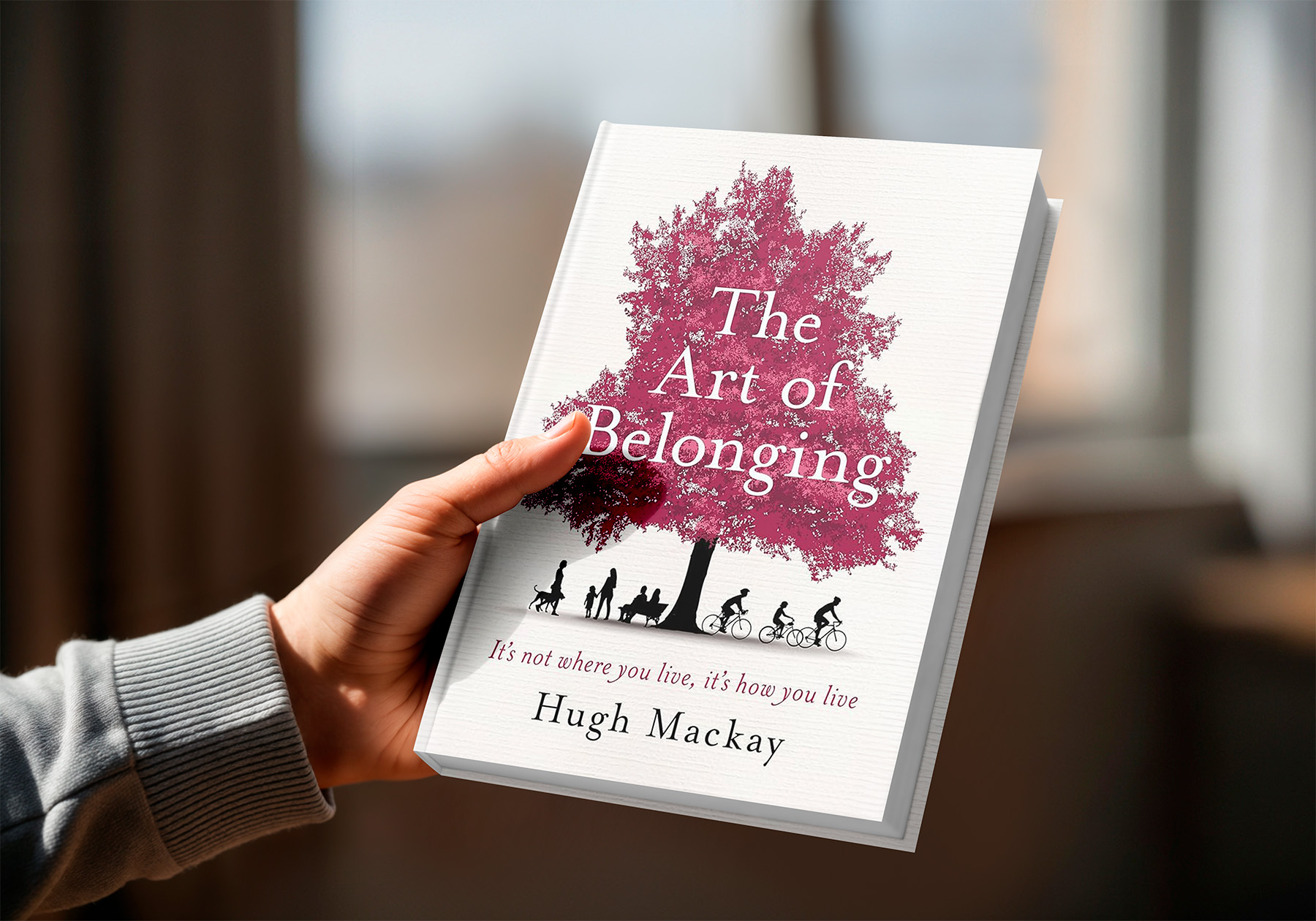
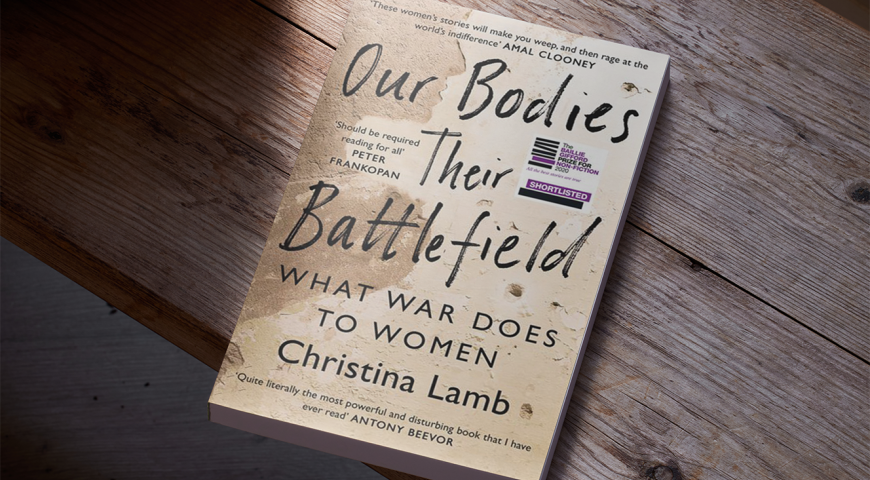

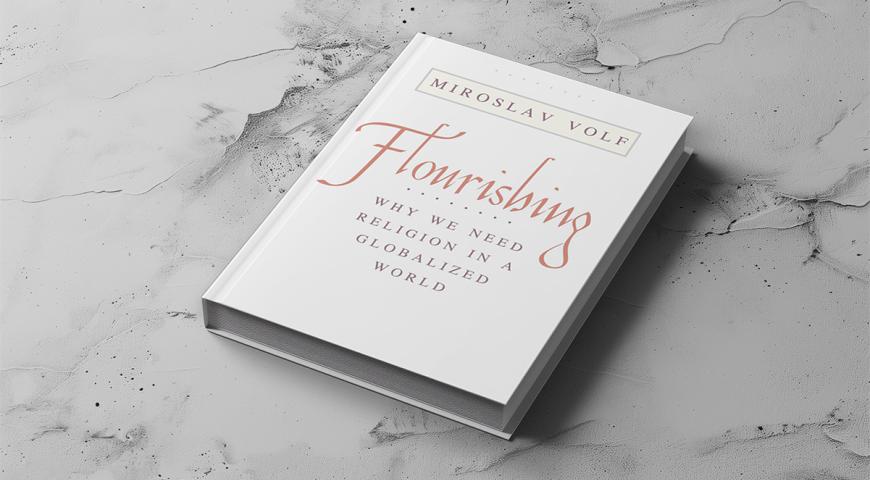
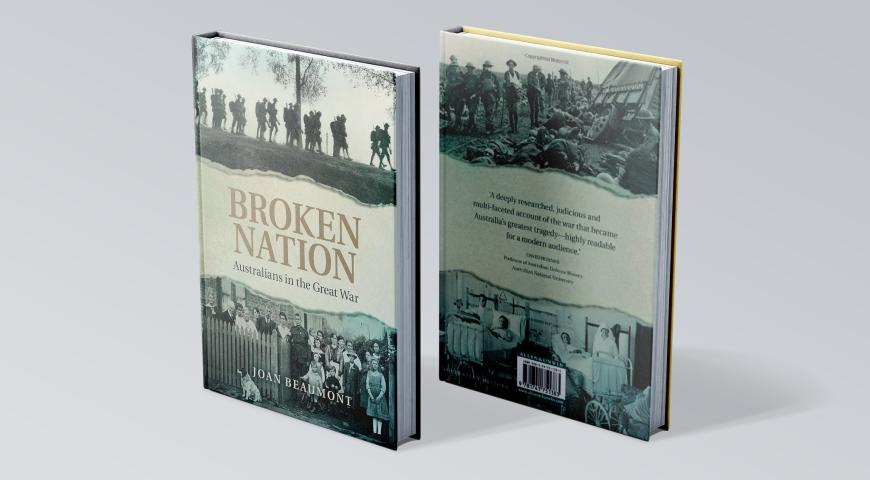
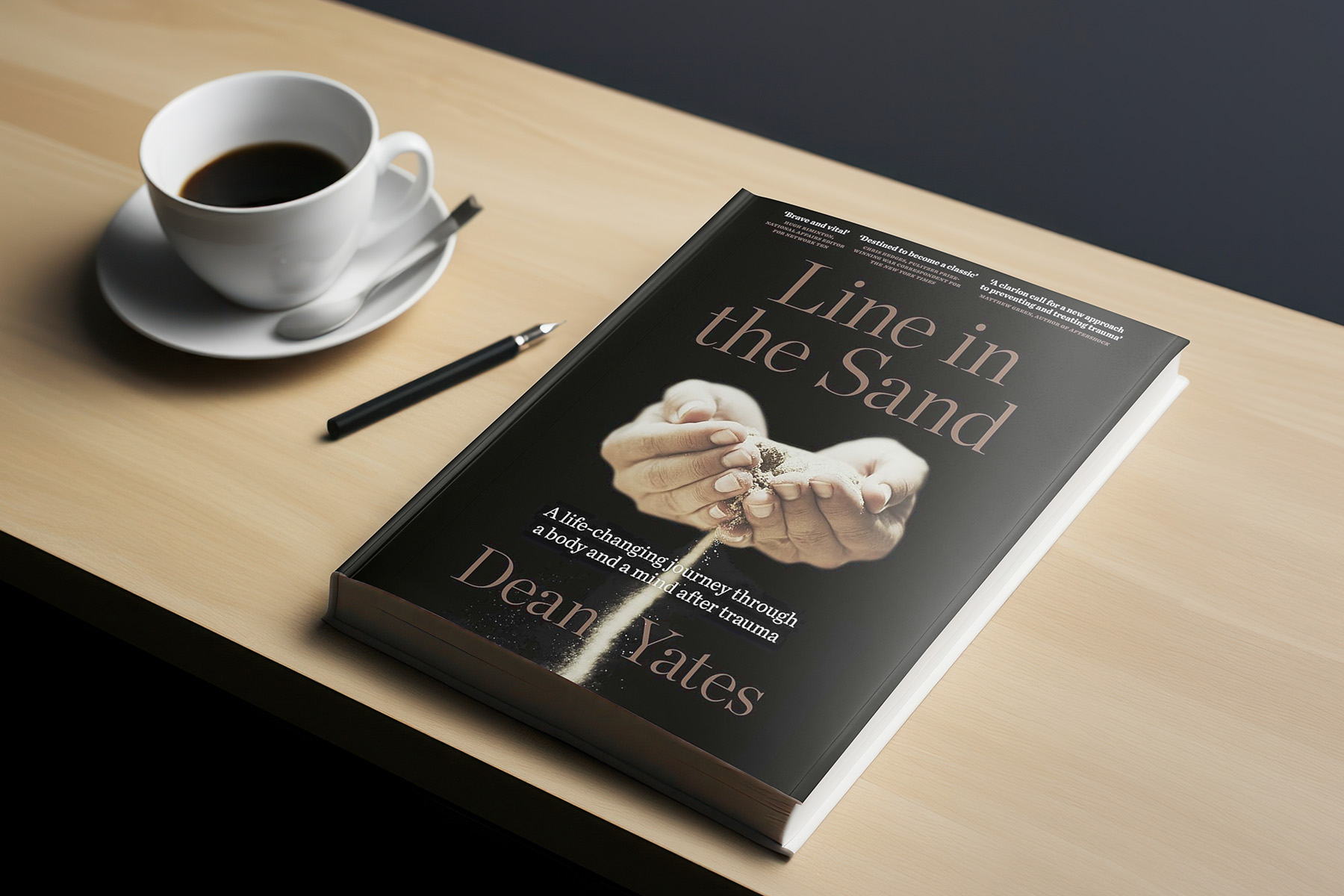
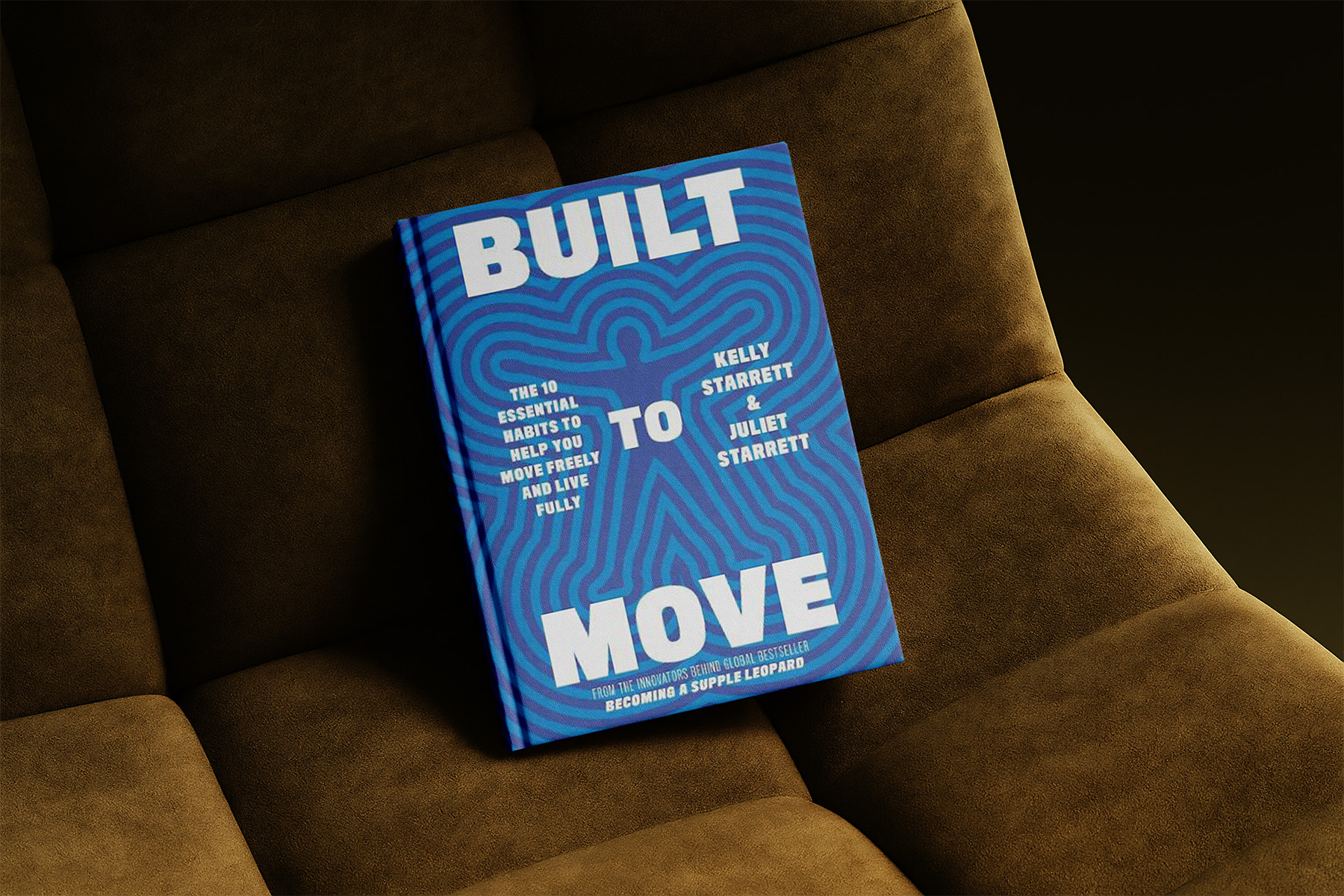
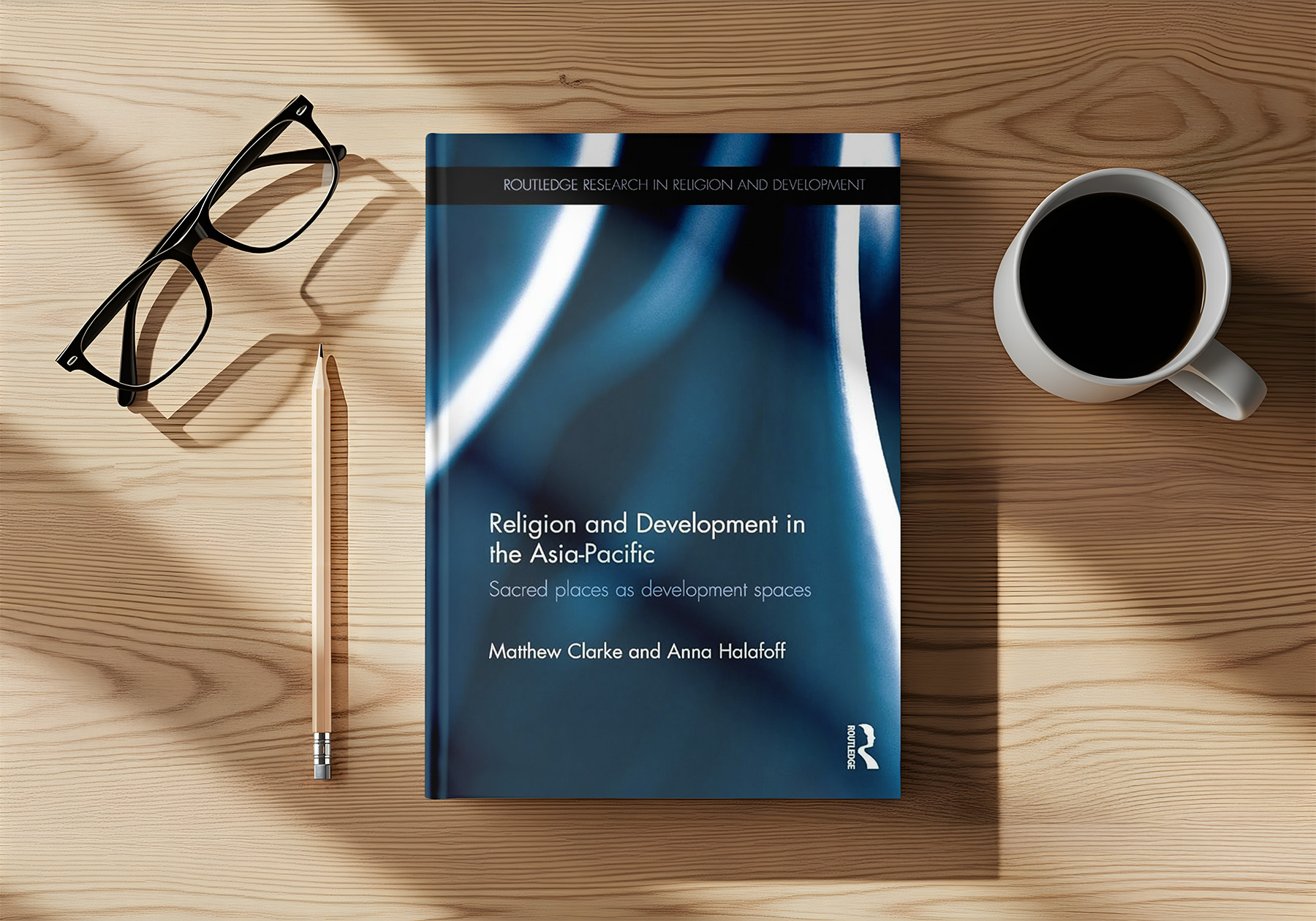




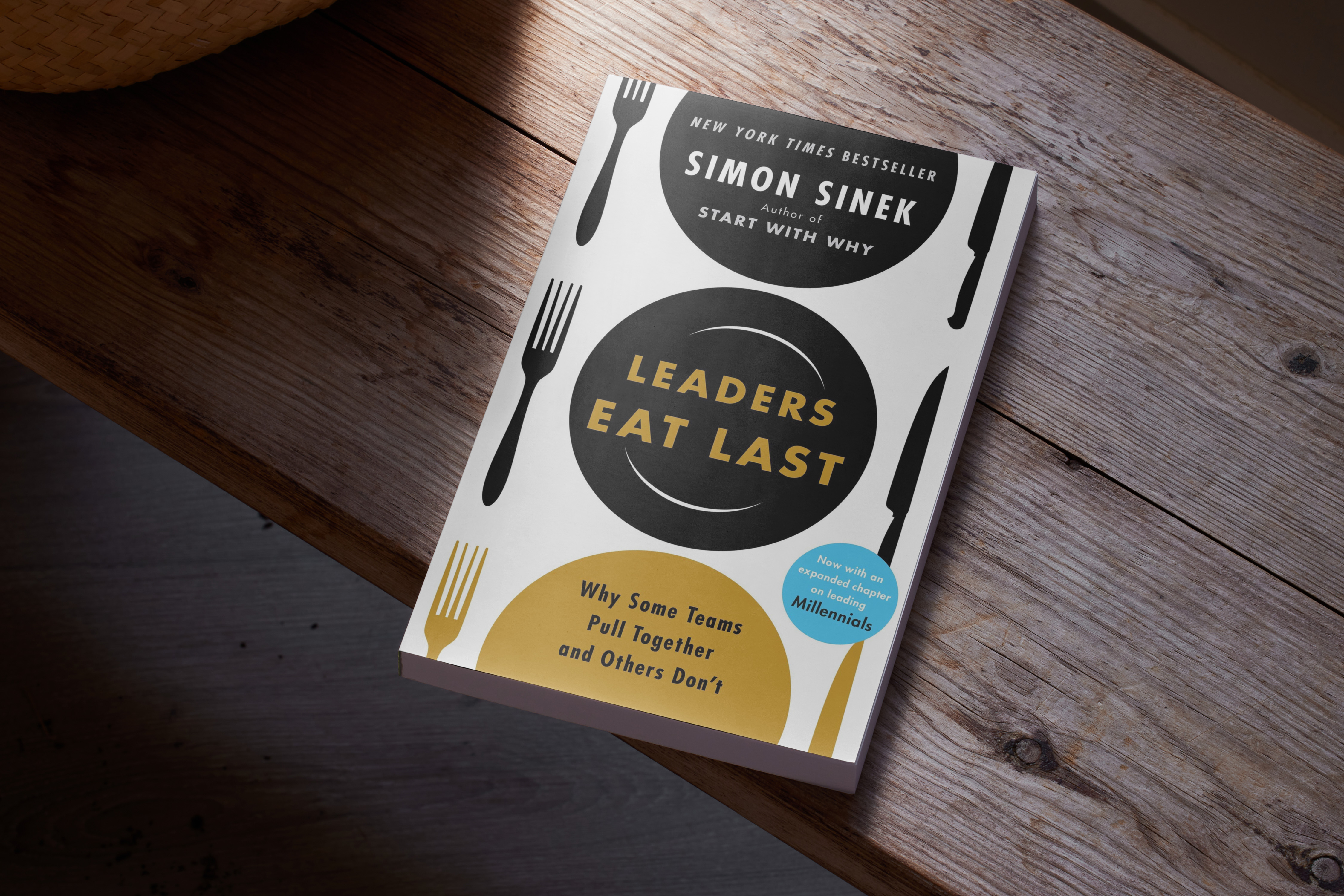

Comments
Start the conversation by sharing your thoughts! Please login to comment. If you don't yet have an account registration is quick and easy.